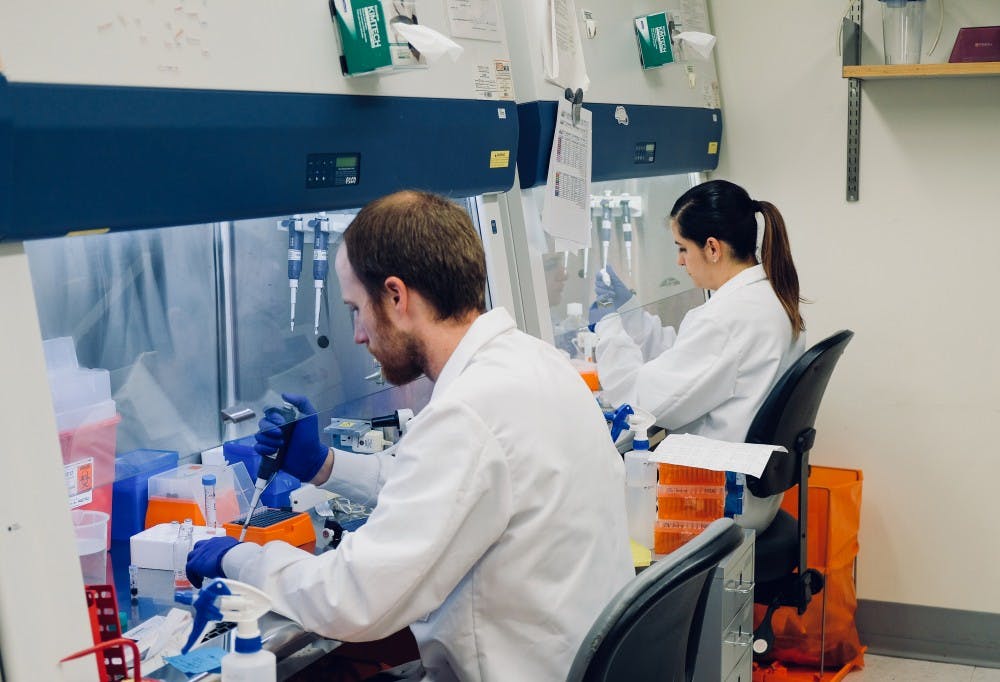
Researchers from the School of Dental Medicine and the School of Engineering and Applied Science have developed microrobots that can help clean and remove plaque from teeth.
The researchers created microrobots that target biofilms on teeth, which are communities of bacteria that build up and lead to higher antibiotic resistance. These microbots can be valuable in improving dental treatment by reducing oral infections and tooth decay, Penn Today reported.
Biofilms can occur everywhere, from on teeth to inside objects such as water pipes and catheters, and are the reason why dentists often resort to using mechanical tools to scrape off plaque buildup.
“Treating biofilms that occur on teeth requires a great deal of manual labor, both on the part of the consumer and the professional,” Edward Steager, research investigator and leader of the engineering team, told Penn Today. “We hope to improve treatment options as well as reduce the difficulty of care.”
The researchers designed two types of robotic systems, which they called Catalytic Antimicrobial Robots, or CARs for short. One uses iron-oxide nanoparticles and magnets to remove biofilms off a surface. The other uses nanoparticles embedded in gel molds to remove biofilms from enclosed tubes.
Both types of CARs were able to successfully destroy and remove biofilms. When tested on teeth, the CARs were able to remove biofilms from even less accessible parts of a tooth like the isthmus, a channel between root canals, that is often clogged by biofilms and is difficult to clean using traditional methods.
“Existing treatments for biofilms are ineffective because they are incapable of simultaneously degrading the protective matrix, killing the embedded bacteria, and physically removing the biodegraded products,” Hyun Koo, orthodontics professor and leader of the dental medicine team, told Penn Today. “These robots can do all three at once very effectively, leaving no trace of biofilm whatsoever.”
The research was published on April 24 in Science Robotics and was funded in part by the National Institute for Dental and Craniofacial Research and the National Science Foundation.
The Daily Pennsylvanian is an independent, student-run newspaper. Please consider making a donation to support the coverage that shapes the University. Your generosity ensures a future of strong journalism at Penn.
Donate







